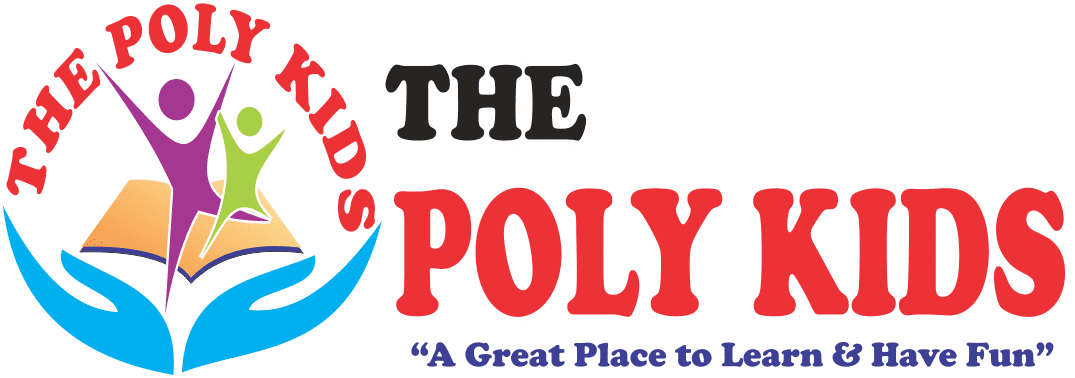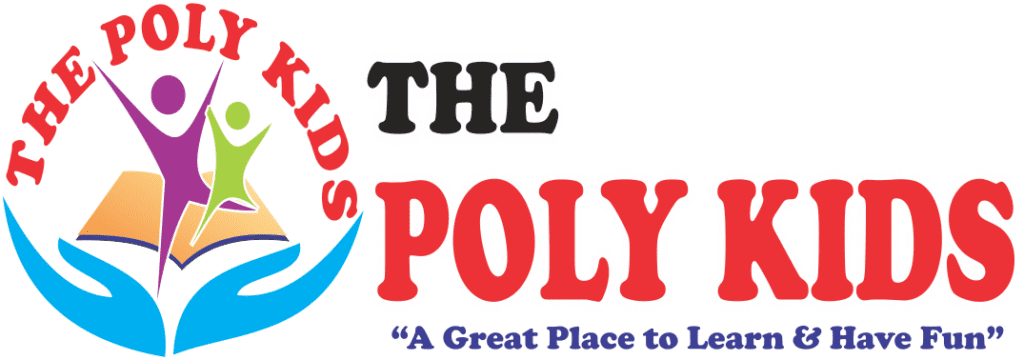The transition to kindergarten is a significant milestone in a child’s life, and at “The Poly Kids School,” acknowledged as the best play school near me, we understand the importance of a smooth and positive transition. Explore 20 essential tips to prepare your child for a successful journey into kindergarten.
- Visit the Kindergarten Together: Schedule visits to the kindergarten with your child before the school year starts. Familiarize them with the environment, classrooms, and playground, creating a sense of comfort.
- Establish a Consistent Routine: Create a consistent daily routine. Transitioning to a kindergarten schedule will be smoother if your child is already accustomed to regular meal times, bedtime, and other daily activities.
- Practice Independence: Encourage independence in daily tasks. Practice skills like dressing, using the restroom, and tidying up, fostering a sense of autonomy that will benefit them in the kindergarten setting.
- Read Books About Starting School: Explore books about starting school together. Reading stories about kindergarten experiences can help your child understand what to expect and alleviate any anxiety they may feel.
- Attend Orientation Sessions: Take advantage of orientation sessions offered by the kindergarten. Attend these sessions with your child to meet teachers, explore the classrooms, and connect with other parents and children.
- Develop Social Skills: Cultivate social skills through playdates and group activities. Kindergarten involves interaction with peers, so helping your child develop social skills will contribute to a positive school experience.
- Label Personal Belongings: Label your child’s belongings. Teach them to recognize their name on belongings like backpacks and lunchboxes, promoting a sense of ownership and responsibility.
- Talk Positively About Kindergarten: Speak positively about kindergarten. Highlight the exciting aspects of starting school, such as making new friends, learning new things, and engaging in fun activities.
- Create a Special Goodbye Routine: Establish a special goodbye routine. Whether it’s a hug, a special phrase, or a high-five, a consistent and reassuring goodbye ritual can help ease separation anxiety.
- Encourage Self-Expression: Encourage self-expression through art and play. Kindergarten often involves creative activities, so fostering your child’s ability to express themselves will enhance their overall experience.
- Discuss and Practice School Manners: Discuss and practice school manners. Teach your child about listening to the teacher, waiting their turn, and respecting others, instilling a foundation of positive behavior.
- Play “School” at Home: Play “school” at home. Take turns being the teacher and the student, introducing basic concepts like counting, the alphabet, and following instructions in a playful manner.
- Build Fine Motor Skills: Strengthen fine motor skills. Engage in activities such as drawing, cutting, and using playdough to enhance the dexterity needed for various kindergarten tasks.
- Introduce Basic Academic Concepts: Introduce basic academic concepts. Familiarize your child with numbers, letters, shapes, and colors, laying the groundwork for the academic aspects of kindergarten.
- Practice Listening Skills: Practice listening skills. Help your child develop the ability to listen and follow directions by engaging in activities that require attentive listening.
- Create a Visual Schedule: Establish a visual schedule. Use pictures or drawings to create a visual representation of the daily routine, helping your child understand and anticipate the day’s activities.
- Celebrate Small Achievements: Celebrate small achievements. Acknowledge and praise your child for their efforts and accomplishments, boosting their confidence and enthusiasm for learning.
- Promote Healthy Eating Habits: Promote healthy eating habits. Ensure your child is familiar with nutritious snacks and lunches, preparing them for healthy choices during kindergarten meals.
- Build a Positive Relationship with Teachers: Build a positive relationship with teachers. Foster open communication with kindergarten teachers, establishing a partnership in supporting your child’s development.
- Attend School Events: Participate in school events. Attend parent-teacher meetings, school performances, and other events to actively engage in your child’s kindergarten experience.
In conclusion, the transition to kindergarten is a collaborative effort between parents and educators at “The Poly Kids School,” the best play school near me. By implementing these 20 tips, we aim to ensure that your child’s entry into kindergarten is marked by excitement, confidence, and a strong foundation for future learning.


